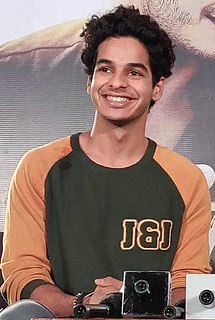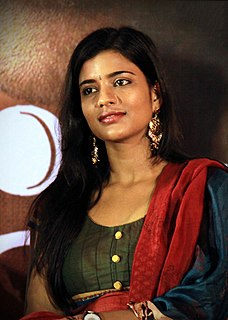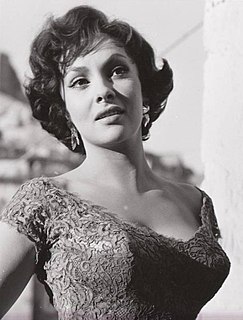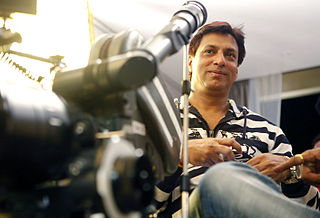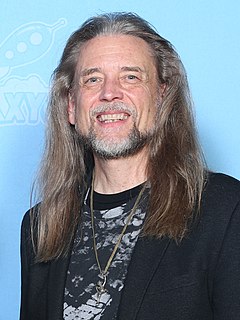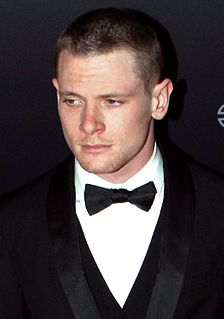A Quote by Ishaan Khatter
I would be open to doing cinema anywhere in the world. I wouldn't want to restrict myself to a certain kind of cinema or a certain language or get typecast.
Related Quotes
I don't want to be typecast as a heroine who does a certain kind of cinema, which is why I experiment with the types of films that I do. But yes, I won't deny that romantic love stories or romantic comedies are what I enjoy doing the most, because as an audience those are the kind of films that I like watching.
Without a doubt, I was born to want to make cinema, but the kind of cinema I want to make is not like commercial movies, which I enjoy myself, but I wanted to be the kind of filmmaker who wrote original work, sort of like a novelist would who deals with who we are and our times or our relationships.
The American public is a very specialized public. The reason it is taken as a realistic film is because inside the fable, I've put that kind of reality in. And it could easily be called, instead of Once Upon a Time in America, Once Upon a Time There Was a Certain Kind of Cinema. Because it was also an homage to cinema.
